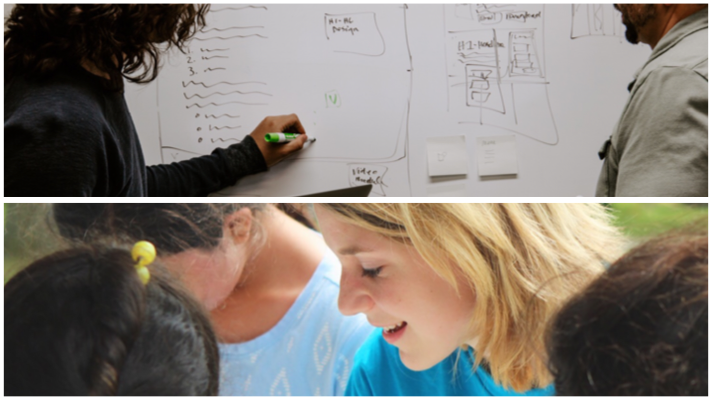When I was asked to speak to a group of underprivileged teenage girls about communication, I did not hesitate. “Yes! Of course!”
Followed immediately with the thought: What did you get yourself into? That’s a big responsibility.
I was excited at the opportunity to teach them how to communicate in an assertive way. Without being aggressive nor passive. But with confidence instead.
Me being me, I needed to give some real thought on how to interact with the girls. Apart from teaching them something useful, it was my shot at seeding the idea in their minds that they have a world of possibility in front of them, that they can dream to become leaders, that they are our future.
For many, this skill is taken for granted. Maybe it runs in the family. Maybe you are lucky to have been to a good school that has this covered. But the truth is, in my part of the world, even some of the better schools fail to teach this critical skill that determines much of a person’s success in life.
So, how to approach this? How can I maintain engagement? Teenagers are notorious for having short attention spans. Mere seconds!
A few quick questions and I realized it was going to be as grassroots as it can get. The venue is a small section of a community library shared with another group of boisterous children. There is no possibility of projecting anything. (Still, I put together some slides with bullet points. It was more for me than anyone else.)
I couldn’t imagine anything more boring for a restless teenager than a lecture. Plus, it was important to consider all learning styles: visual, auditive, kinesthetic. I would have to get creative.
Then, I remembered a game that I learned at an improv workshop that would be the perfect kick-off. That settles it. The session would be a combination of games, conversations and role-playing.
I am a big fan of workshops. They are incredibly versatile. Their flexibility allows me to gauge the reaction of the group and adjust the dynamics if needed. They are perfect when you need to educate, entertain and engage participants so they can learn and practice skills and techniques.
Workshops are great for all sorts of scenarios.
- Hands-on skills training ranging from public speaking, to how to use an app, to playing a guitar.
- Change management because a new process is being rolled-out across the organization.
- Staff development to hone skills required for the job.
- Introduction of a new idea or way of thinking such as a new product design.
- Agreements of issues between economic groups such as a public office, the business sector, and the community.
- Strategy alignments, marketing plans, goal settings.
From my experience, workshops are highly effective. I am a believer especially with the last point on the list since it’s practically my day-to-day throughout my career. Never underestimate the power of a diverse group of people coming together to build and execute strategies and plans. If designed and led well, workshops bring about excellent results.
If you are planning such a workshop, make sure you have carefully considered the following.
- Identify the right participants.
- Plan the schedule.
- Evaluate the venue.
- Align the team.
- Determine the scope of the discussion.
- Set clear goals.
- Assign roles and responsibilities.
- Include team building activities.
- Manage conflict.
- Have a facilitator and a scribe.
Back to the teenage girls who aspire to improve themselves, learn new skills, and dream of a bright future. Judging from their giggles and earnest conversation, it is safe to say it has been a productive exercise. They were able to practice what they have learned in a safe environment. They are building up their self-confidence. They are digesting the idea that it’s ok to make mistakes. It was interesting to watch them connect and understand each other at a different level. After all, communication is about building relationships.
